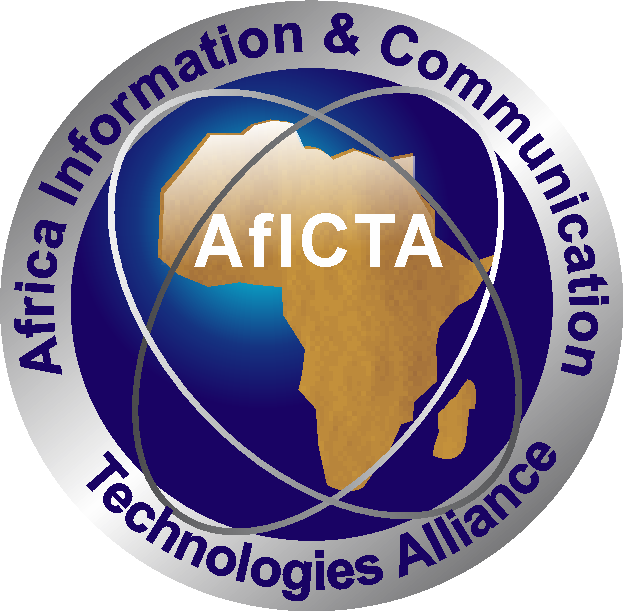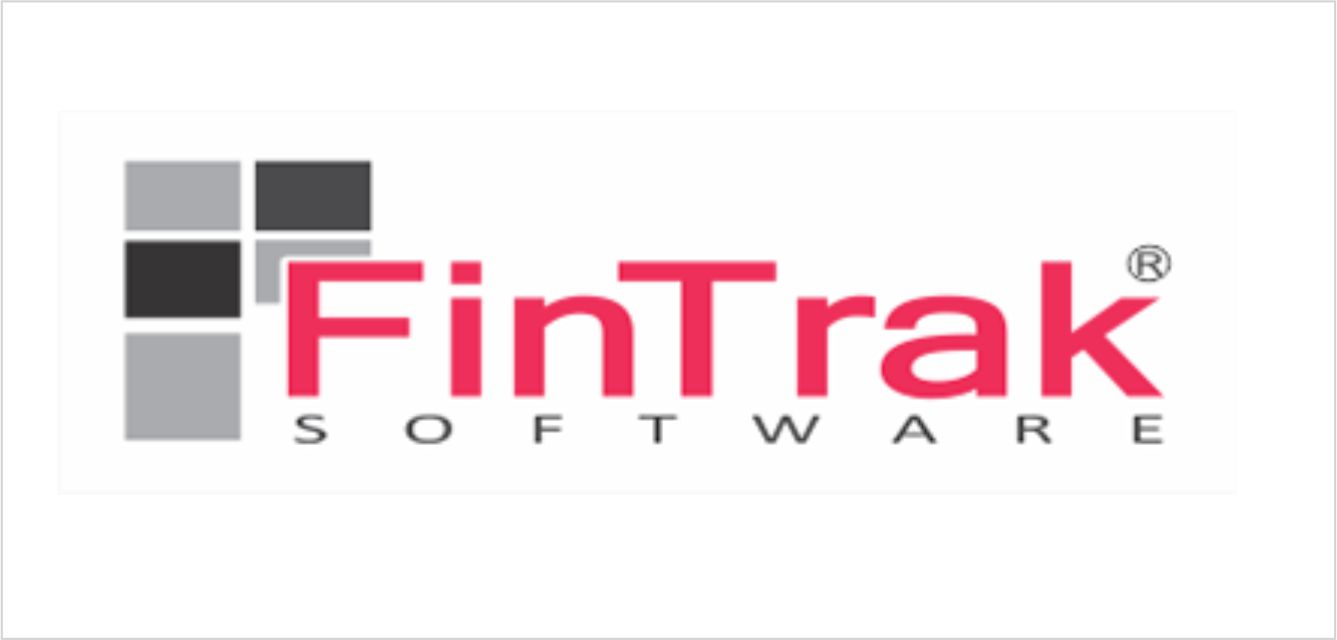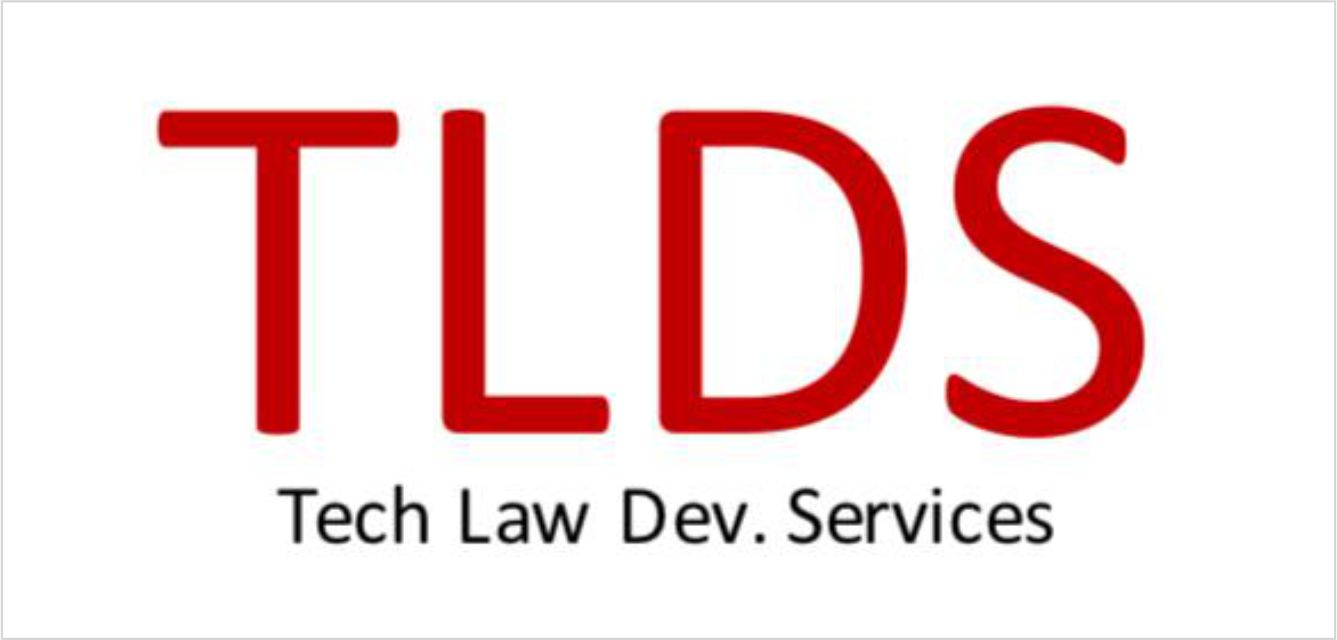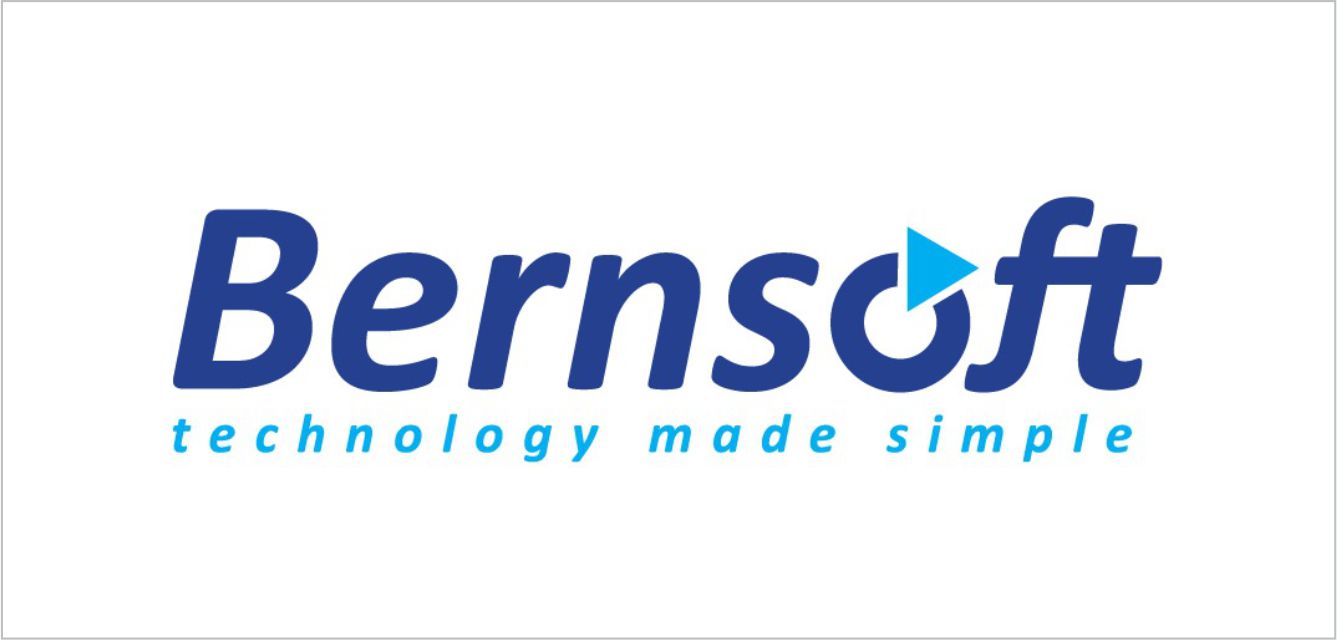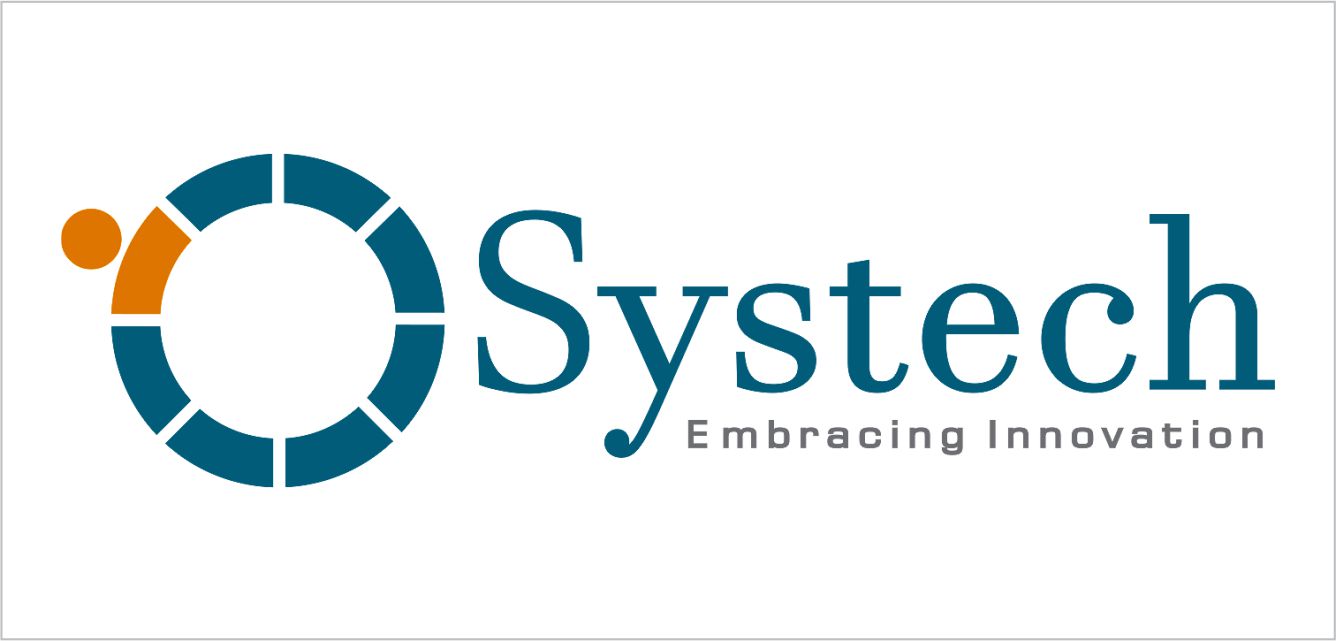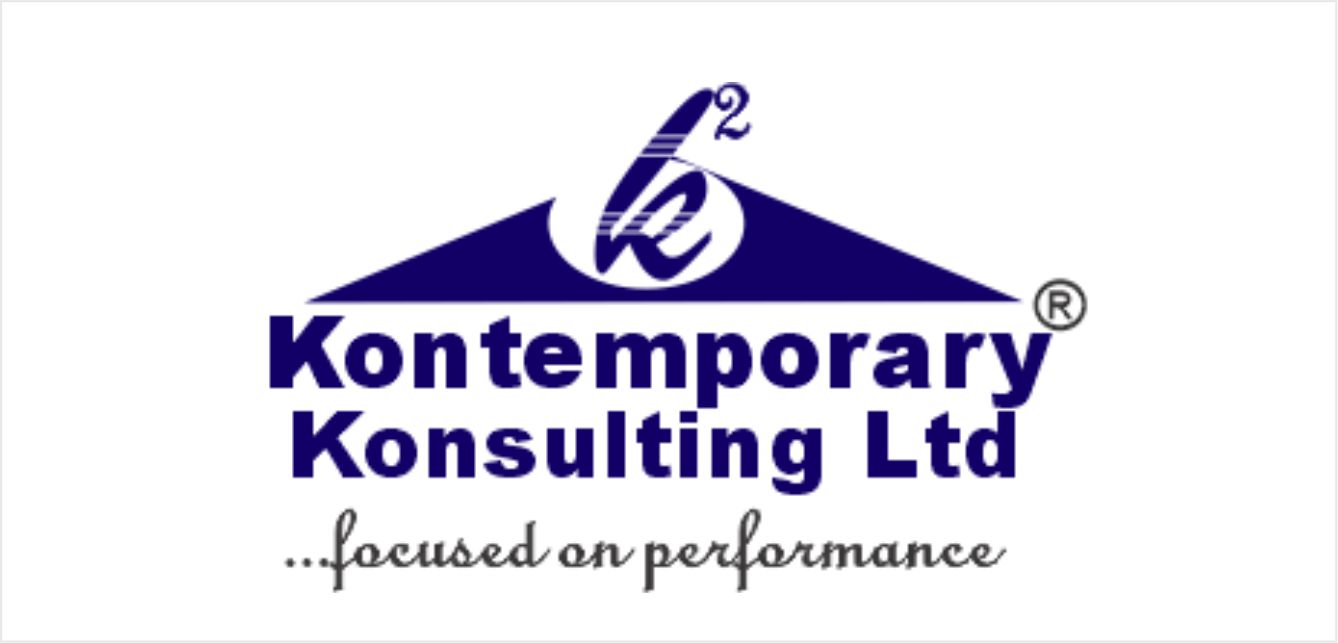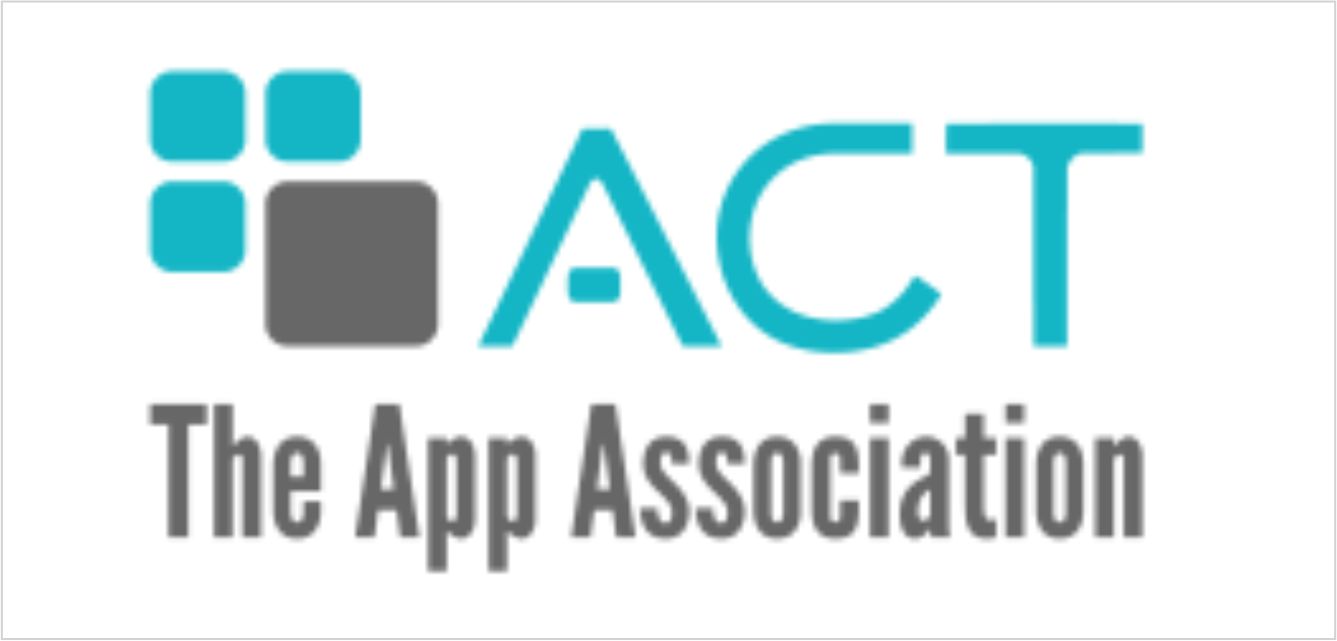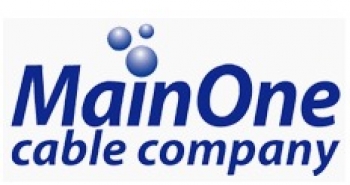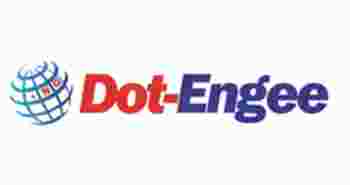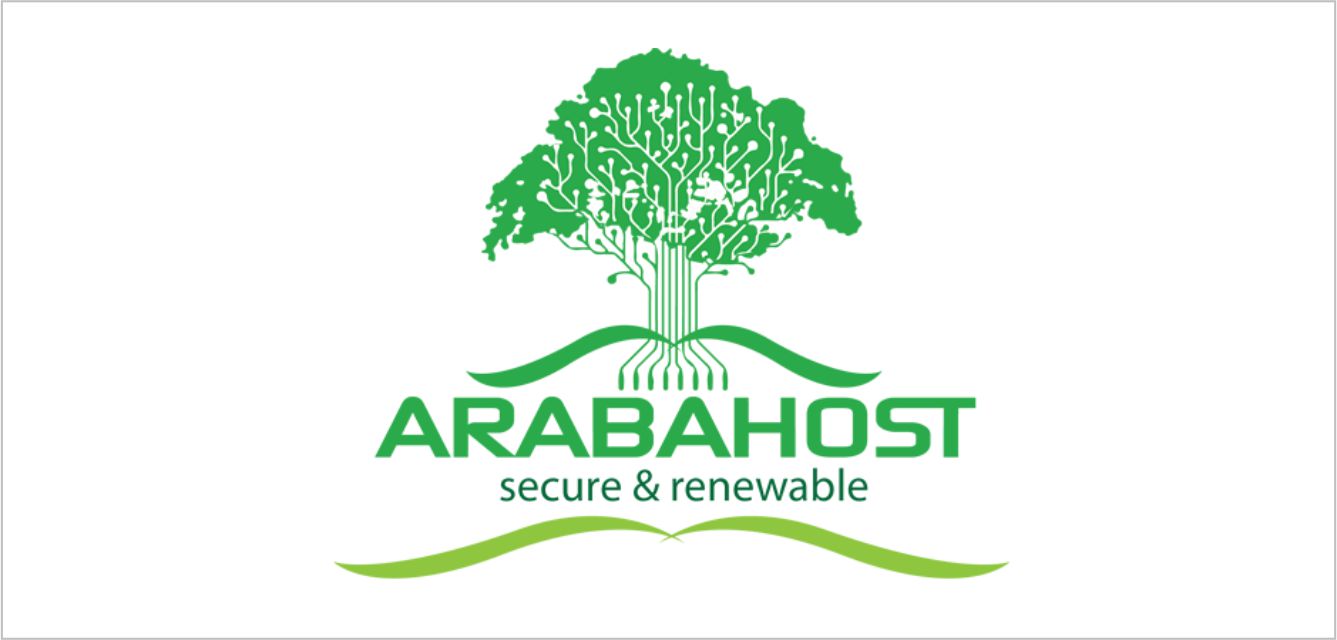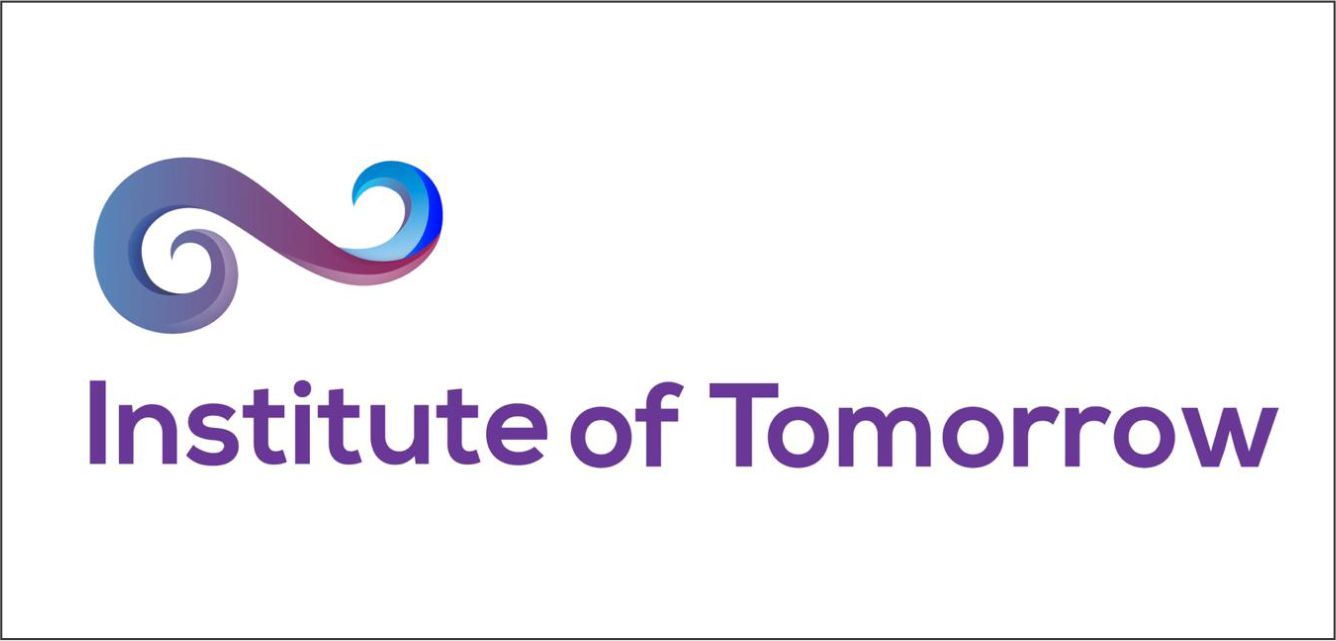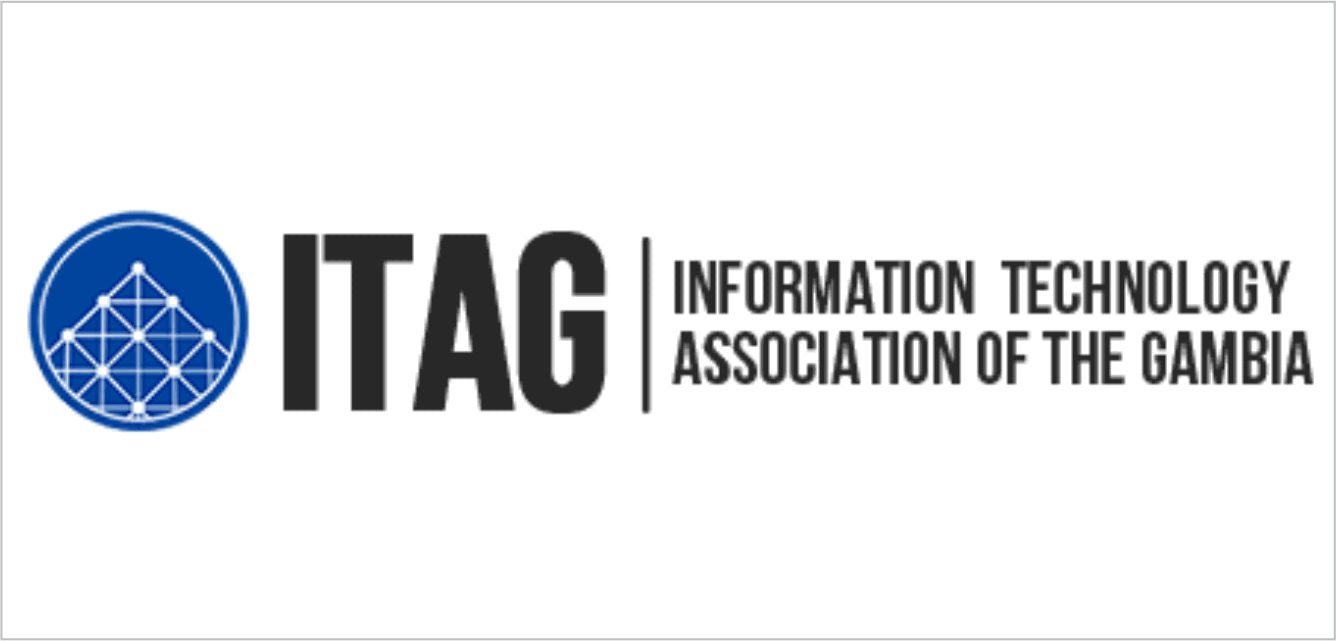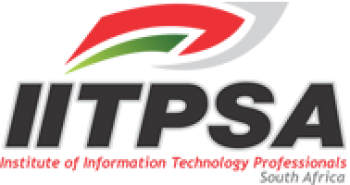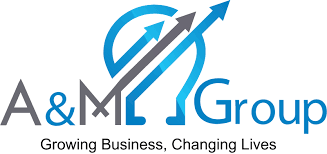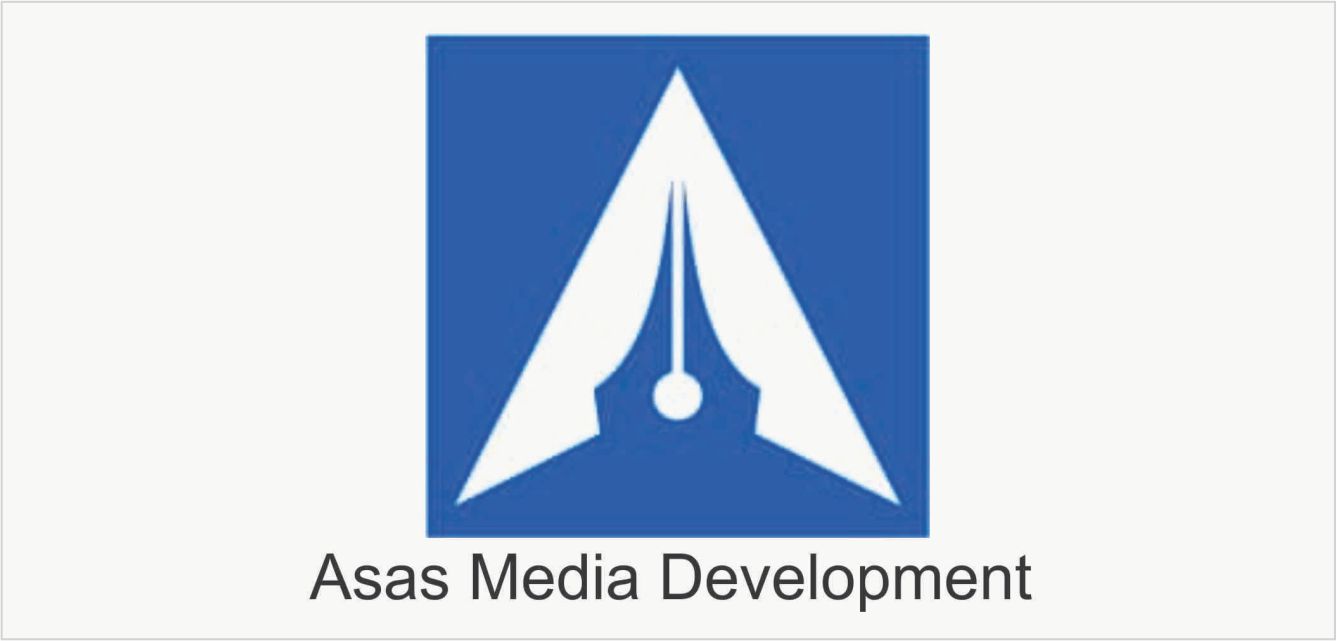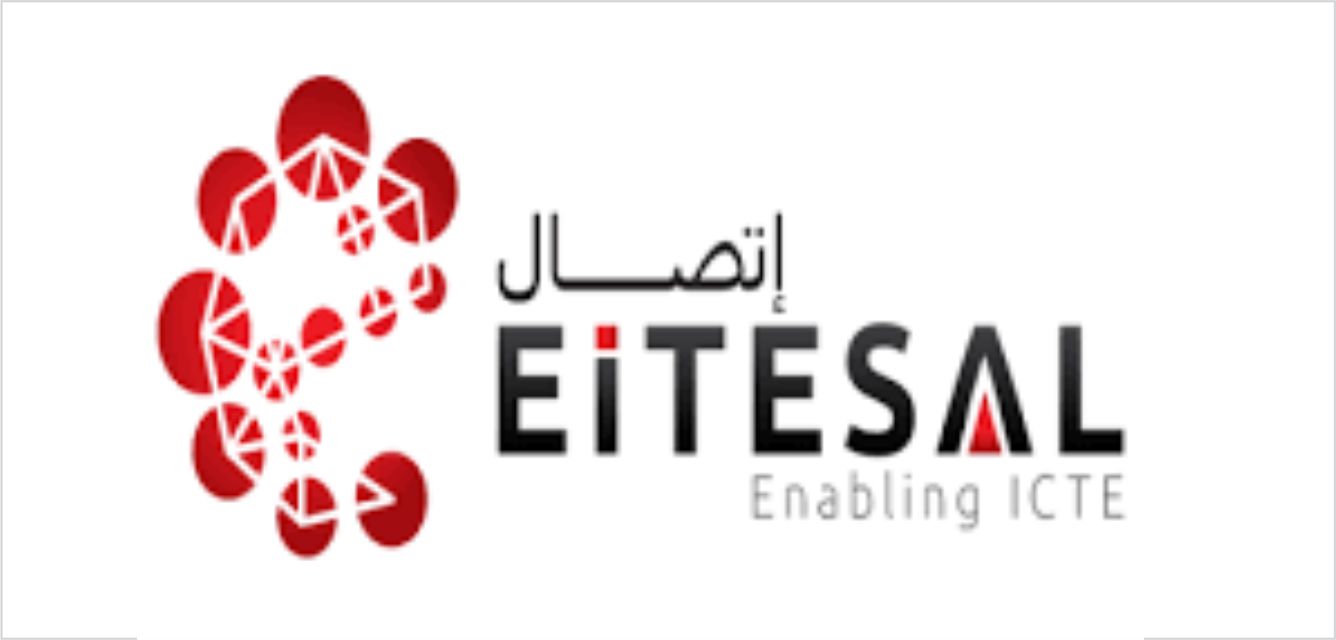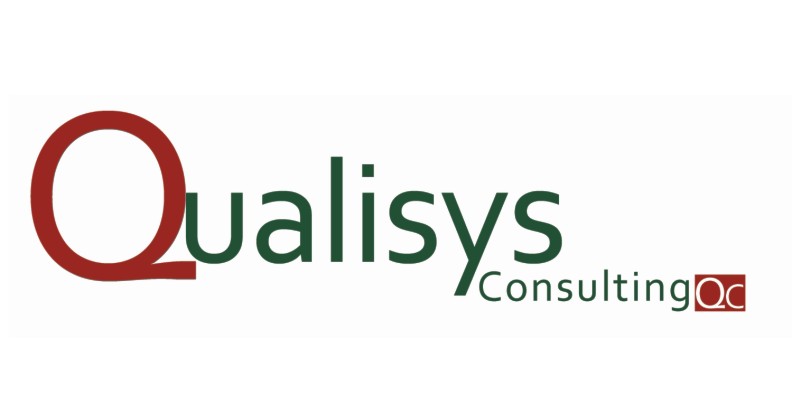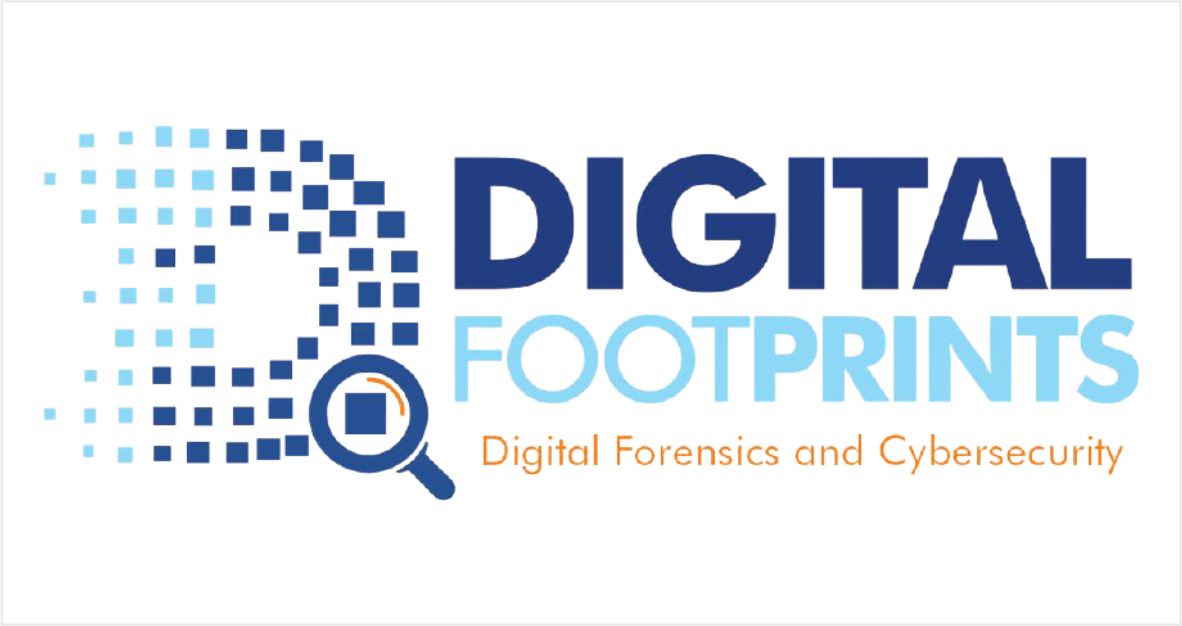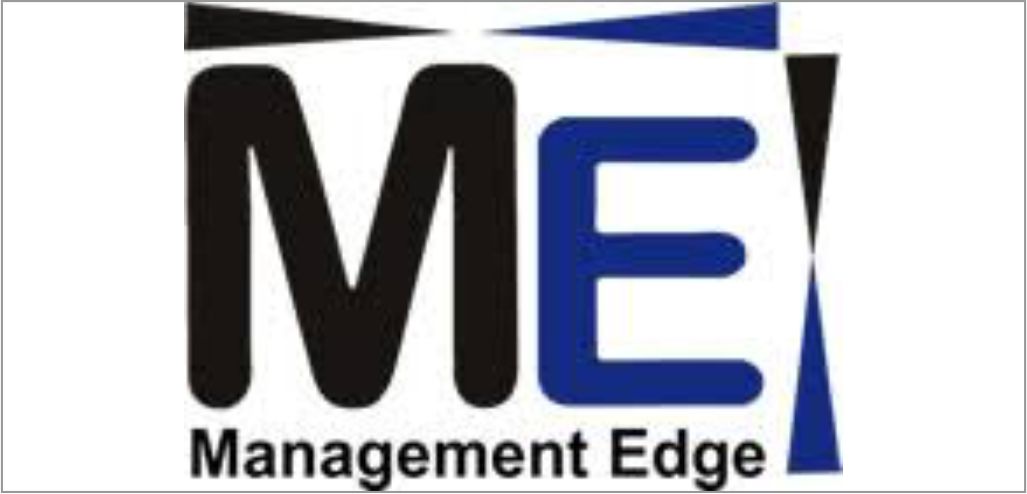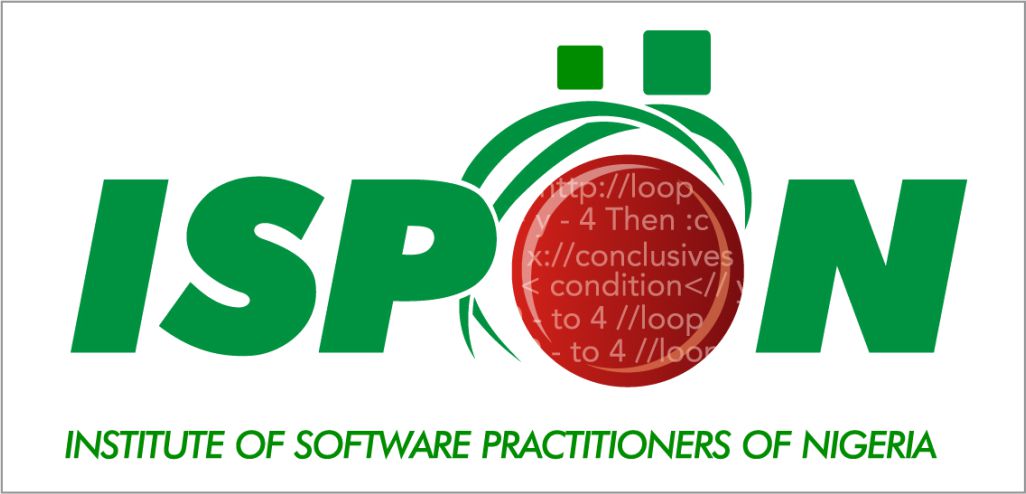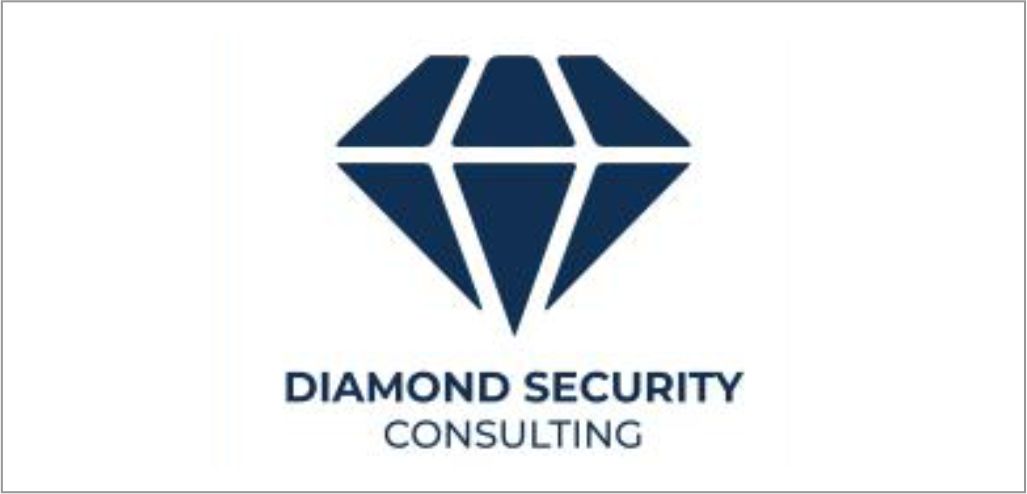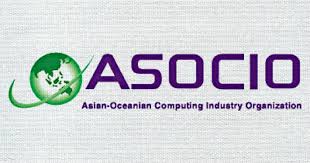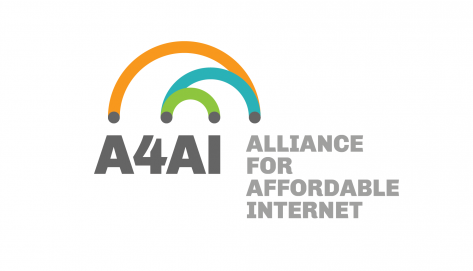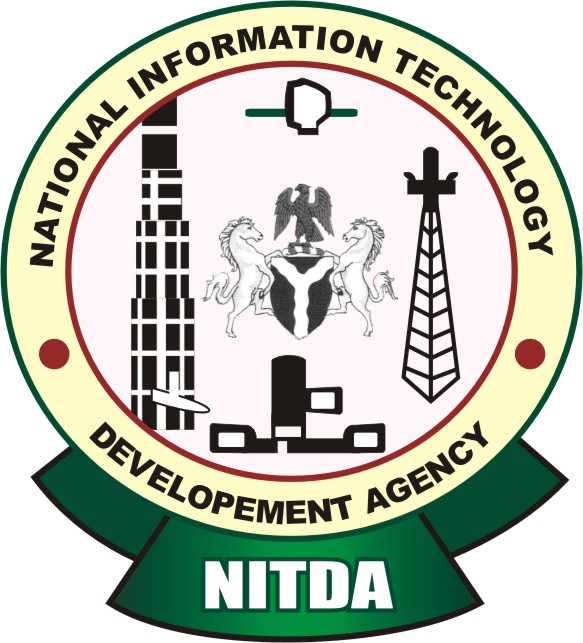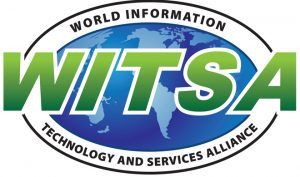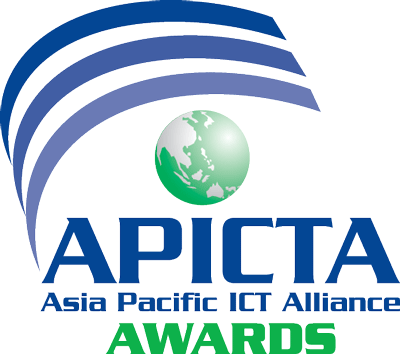 The Nigeria Digital Economy Diagnostics say with improvements in digital connectivity, digital skills, digital financial services and other core areas of digital development, Nigeria can fully unleash new economic opportunities, create jobs and transform people’s lives.
The Nigeria Digital Economy Diagnostics say with improvements in digital connectivity, digital skills, digital financial services and other core areas of digital development, Nigeria can fully unleash new economic opportunities, create jobs and transform people’s lives.
According to one of the organizers of the 7th Summit, Mr. Tola Sogbesan, CEO Axiom Konsulting and a brief interview session with Kayode Oyeyemi, Snr. Programme Officer of Africa ICT Alliance (AfICTA), Nigeria as the biggest economy in Africa with one of the largest population of young people in the world, is well-positioned to develop a strong digital economy, which would have a transformational impact on the country and Africa at large.
Through innovations and investments with policies that ensure affordable; safe; secure and resilient Internet, the Nigeria economy can harness digital data and new technologies, generate new content, link individuals with market and government services, and roll out new, sustainable business models.
The report provides an assessment of the state of the country’s digital economy around the five pillars of the Digital Economy for Africa initiative, Digital financial services, digital platform, digital entrepreneurship and digital skills key foundational elements of a digital economy.
He said AfICTA is an alliance which composed of ICT private sector stakeholders from over 30 African nations and has a vision to fulfill the promise of the digital age for everyone in Africa by connecting African ICT players for increased intra Africa trade and collaboration with other Africa countries.
In addition, it will mobilize the core leadership of Africa ICT professionals and experts in the business community, academic, technical community and civil society to be fully engaged in the global internet Governance muilti-stakeholders dialogues and also organize non- government ICT stakeholders in Africa for effective local and Continental advocacy.
The alliance will also improve on her partnership with the Africa Union and all the regional economic commission towards realizing global sustainable development targets for Africa.
The 7th AfICTA Summit was hosted by KAD Consortium (Kontemporary Konsulting Ltd, Axiom Consulting Ltd and Dotengee Enterprise) on 29th November, 2019 @ the Pavilion, beside International Conference Center, Abuja.
The following below were the resolutions of the meeting on ensuring deep integration of technology into all sectors and how DNS abuse can be prevented or mitigated:
- Improve Digital Infrastructure:It is evident that though Nigeria has the largest mobile market in Africa, it still lacks sufficiency regarding broadband infrastructure and that has left a significant number of the population @ the rural areas without digital access and ability to use the internet.
- Bridge Digital Literacy Gap: School curriculum should accommodate digital literacy training and students at all levels should be taught on how they can stay safe while surfing the internet. However, low enrolment in basic education and the poor quality of that education coupled with a lack of digital skills in curricula is segmenting digital skills into a slim share of the population, excluding the poorest from the benefits of the digital world.
- Cybersecurity Awareness:
Awareness and preventive measures
- Train employees in cybersecurity principles.
- Install, use and regularly update antivirus and antispyware software on every computer used in your business.
- Use a firewall for your Internet connection.
- Download and install software updates for your operating systems and applications as they become available.
- Make backup copies of important business data and information.
- Control physical access to your computers and network components.
- Secure your Wi-Fi networks. If you have a Wi-Fi network for your workplace make sure it is secure and hidden.
- Require individual user accounts for each employee.
- Limit employee access to data and information and limit authority to install any
- Regularly change passwords
- Strengthen Digital PlatformsThrough PPP: Public-Private Partnership and Multi-stakeholderism should be adopted when projects are being carried out to ensure no duplicate and projects are not in silos. Government and Private sector should work hand in hand to maximize available resources.
- Reduction in Taxes and Bank Charges:It is so sad that instead of benefiting from using the digital means of saving money today, there are several charges (Tax and Stamp duties) that discourage those who would like to use the digital infrastructure provided by the financial institutions.
- Access to Digital Financial Servicesand 1-digit Interest Loan: A huge number of youth and adults are without access to a formal account, stalling the country’s journey toward financial inclusion. Those with access who are willing and able to enhance the GDP of the country need to have access to loans that could help in expanding their business or innovations.
Improve the Policy Environment for Digital Entrepreneurship: Despite its large, youthful, and entrepreneurial population, digital entrepreneurship is yet to be fully exploited given its potential to become an engine of economic transformation in Nigeria.
Speakers Awarded



